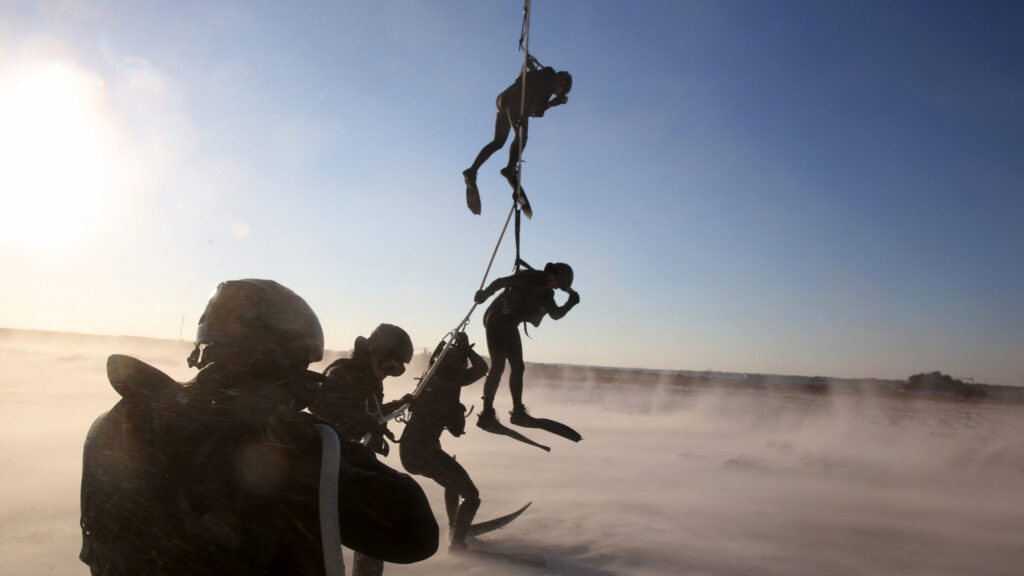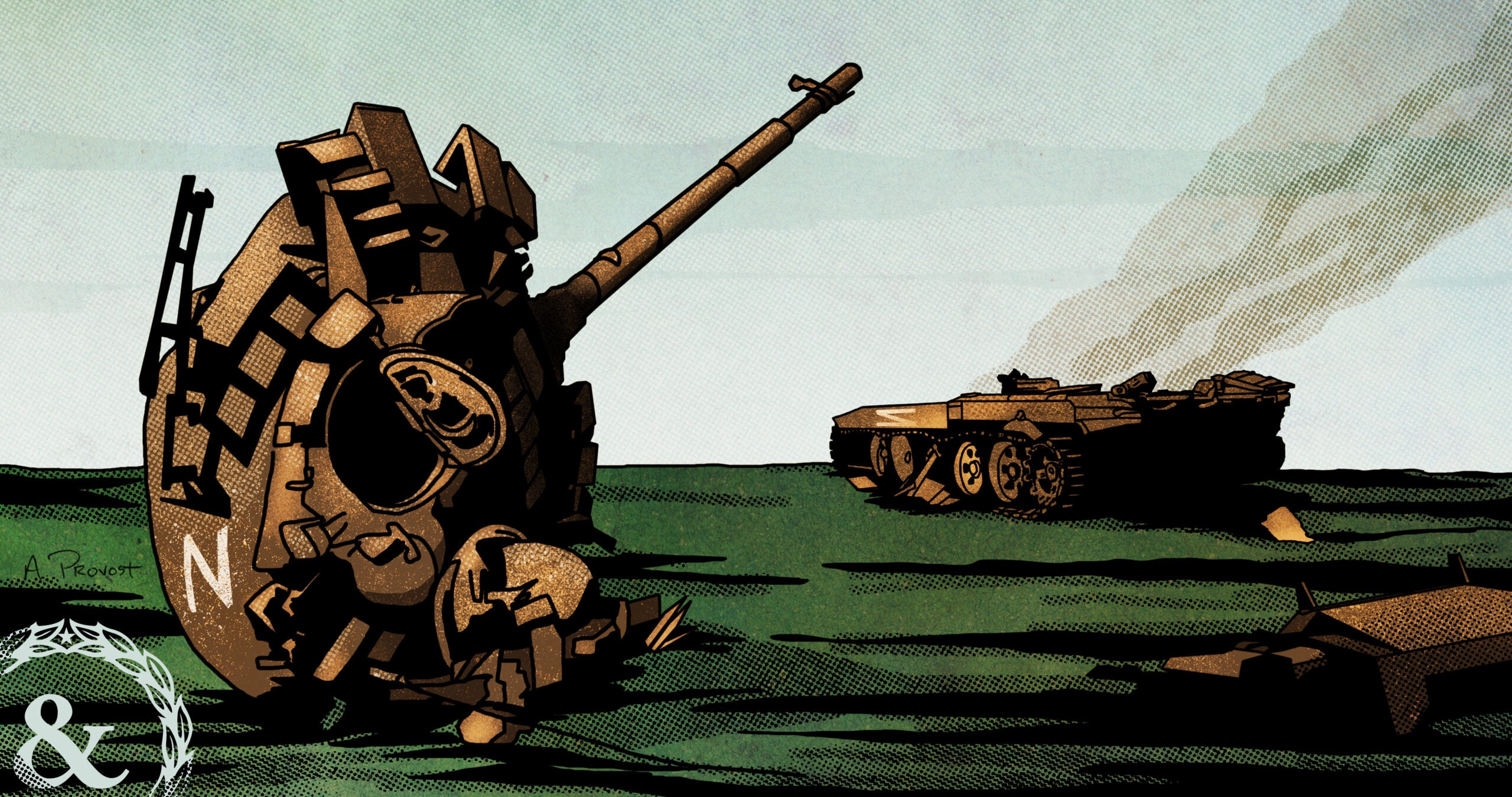The military, think tanks, and especially places like Warfighting Labs and Command and Staff (there are tons of schools) are watching , studying, observing. It’s also hard to know what is working or not until we have a more finite outcome. What May have worked in one battle and seemed amazing, doesn’t mean they have won the war. It will be studied greatly and lesson learned discussed. Sand table exercises, papers, thesis, etc will be written about this. Most of the logistics and high tech weapons mentioned, came from us. Just because we do not see it on the nightly news or other forms of media, does not mean the US is not studying this like it’s the final exam to pass Plebe Chemistry.
@Kierkegaard, nothing wrong with that. Trying to study and observe the large scale portions of this war make little sense to a JO, sure we can study and observe them. Focus on learning your job and your team. One thing I would suggest… read. Read a lot. You can learn so much. Not just military leader books, but from industry, foreign affairs, economics.


